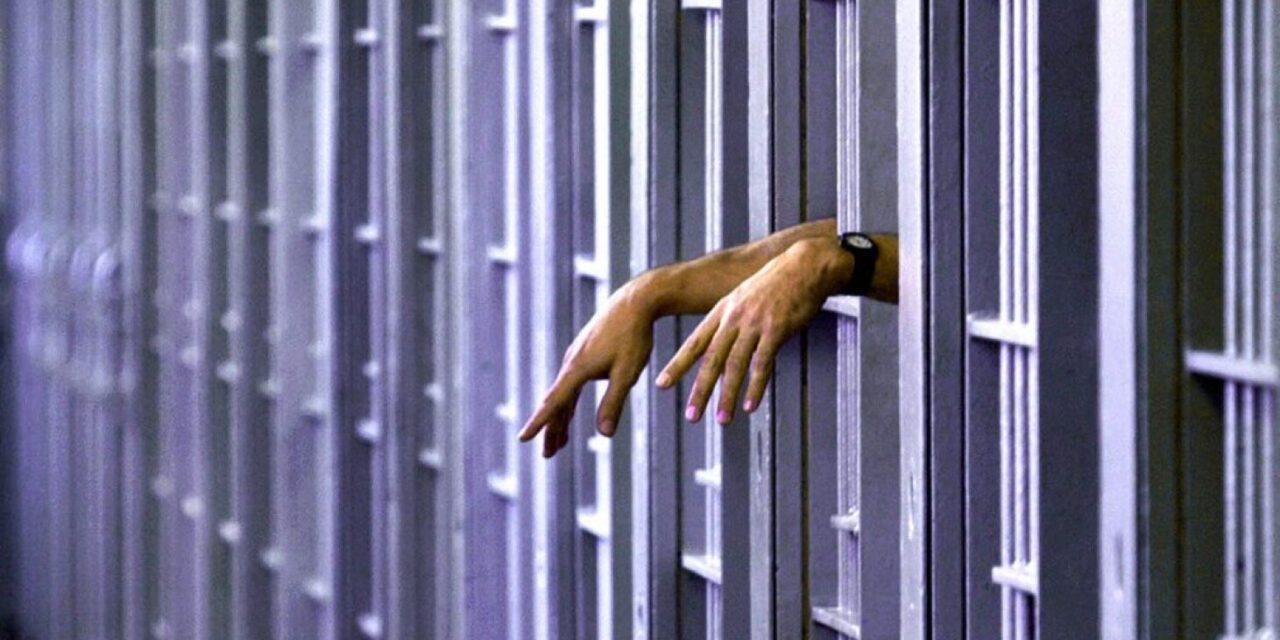
When he exits the White House on Jan. 20 next year, President Joe Biden will close the door on one of the most storied political careers in American history. But if he leaves without granting clemency to people who have been penalized disproportionately, especially those on federal death row, his legacy will be incomplete.
The National Urban League has long opposed the death penalty, which has proven to be wildly discriminatory in every aspect. This is true in the federal system, just as in the states.
During his 2020 presidential campaign, Biden openly acknowledged the racially disparate impact of the death penalty and committed to ending it on the federal level. His Department of Justice paused executions, a welcome reprieve after the first Trump administration’s gruesome execution spree: 13 federal executions during the last six months of his presidency. The Biden DOJ also has since demonstrated restraint in pursuing new death sentences. While these have been positive developments, Biden now must go further.
As Biden’s time in the White House draws to a close, there are still 40 men on federal death row as well as thousands of others who would benefit from clemency, including thousands who received harsher penalties due to crack versus powder cocaine sentencing disparities. For those on federal death row, if the president does not grant them clemency, they remain at risk for execution under the incoming administration, even though their cases manifest all the profound flaws that inevitably mar the death penalty, including significant racial disparities.
More than half of those on federal death row — 55% — are people of color and nearly 40% are Black men. There are Black men on federal death row today who were prosecuted by almost exclusively white attorneys and convicted by all-white juries. And while the majority of homicide victims in America are Black, the people sentenced to death in federal court overwhelmingly were convicted in cases with white victims.
A ‘broken system’ at risk of executing the innocent
In addition to these indicia of racial bias, there are people on federal death row with an intellectual disability, serious mental illness, or brain damage; those who face execution though they did not personally kill anyone; and people whose convictions or death sentences were secured through the use of misleading or unreliable scientific evidence. Nearly a quarter were 21 or younger at the time of the crime, and virtually all grew up in profoundly adverse circumstances. In other words, just as we see in the states, those under federal death sentence are impaired and vulnerable individuals trapped under the weight of a broken system.
The death penalty has already ensnared hundreds of innocent defendants. Of the 200 defendants who have been exonerated of the charges that put them on death row, more than half were Black. Black Americans are seven times more likely to be falsely convicted of serious crimes compared to white Americans. As long as the death penalty remains in use, we risk executing innocent people.
In the last several months, this risk has taken a terrifyingly tangible shape. In September, Missouri executed Marcellus Williams even though concerns about his innocence were so significant that the local prosecutor sought to vacate his conviction. In October, Robert Roberson was nearly executed in Texas despite overwhelming evidence not only that he is innocent, but also that no crime occurred in his case. The Supreme Court recently heard arguments in the case of Richard Glossip, who remains on death row in Oklahoma despite the state attorney general’s admission of significant prosecutorial misconduct and attempt to grant him a new trial.
Biden is a man of faith, courage, and principle. By providing relief to those serving disproportionately long sentences and commuting federal death row, he will manifest all of those qualities. He will also secure his legacy as a champion of justice, civil rights, and racial reconciliation. I urge him to make that historic decision.
Marc H. Morial is president and CEO of the National Urban League and was mayor of New Orleans from 1994 to 2002. He writes a twice-monthly column for the Sun-Times.
Send letters to letters@suntimes.com
Get Opinions content delivered to your inbox. Sign up for our weekly newsletter here.


